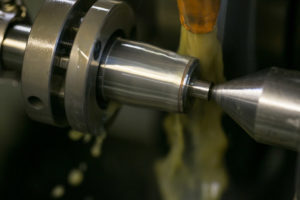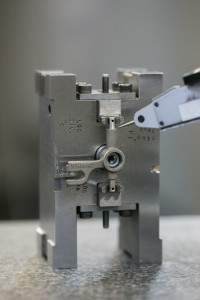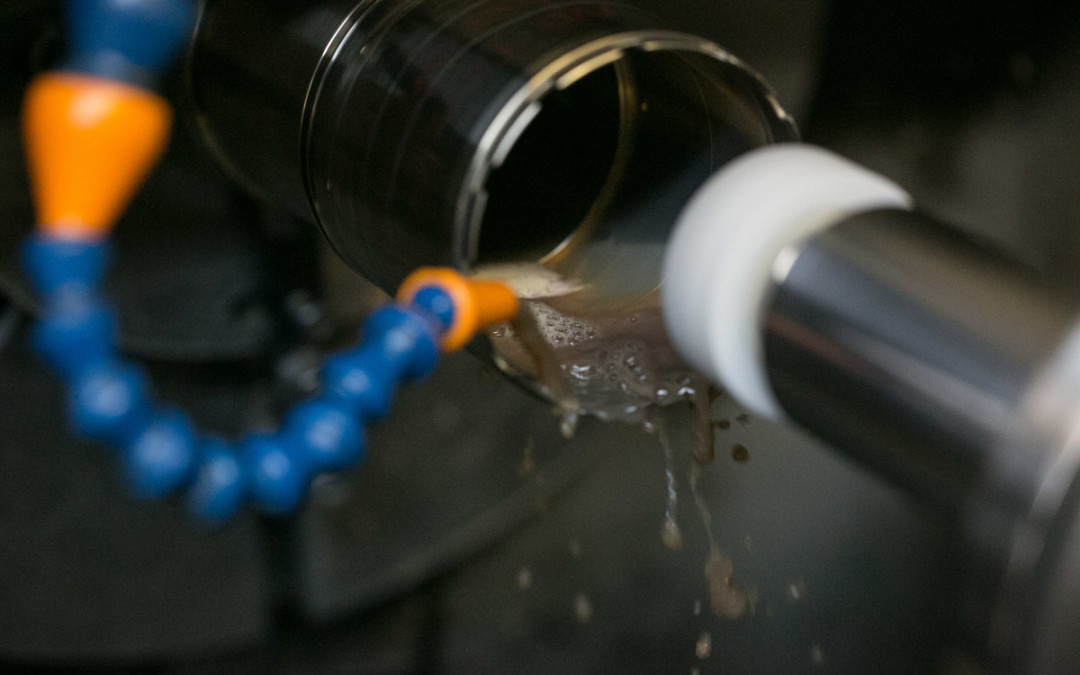When it comes to precision grinding, every 0.0001” matters. At Duval, we take our commitment to precision seriously. Many OEMs who come to us for precision grinding services work in industries such as nuclear power and aerospace, where equipment is designed to operate in highly strenuous environments. Temperature extremes, caustic chemicals, and intense physical forces must be accounted for to ensure each component performs as expected.
What Is Thermal Expansion and How Does It Affect Grinding Results?
 Ambient temperatures and extreme operating temperatures are possibly the most influential factors to be considered when designing, producing, and grinding these components. When heat is added to any substance, its kinetic energy of its molecules will increase and the substance will expand. This effect is known as thermal expansion. If left unaccounted for, thermal expansion can have a serious impact on the performance of any complex machine.
Ambient temperatures and extreme operating temperatures are possibly the most influential factors to be considered when designing, producing, and grinding these components. When heat is added to any substance, its kinetic energy of its molecules will increase and the substance will expand. This effect is known as thermal expansion. If left unaccounted for, thermal expansion can have a serious impact on the performance of any complex machine.
In precision grinding, friction will inevitably add heat to the component undergoing the grinding procedure. As a result, the part will expand, which can throw off the final tolerance measurements.
Experienced Precision Grinding Experts Can Compensate for Thermal Expansion Effects
To prevent thermal expansion from distorting the final results on any part we grind, the experts at Duval utilize several strategies. All of our grinding operations are performed in a climate-controlled environment that is kept at 68℉, defined as the ideal temperature by the NIST standard. Coolants are used to reduce the heat generated by friction and minimize the effects of thermal expansion as much as possible. However, too much coolant can drop the temperature of the part below the optimal 68℉ baseline; the coolant must be applied judiciously.

While some parts have enough mass that the effects of thermal expansion are virtually negligible, other parts are small or made of ferrous materials, such as aluminum or titanium, which are much more susceptible to temperature changes. In some cases, just holding the part in your hand can have a serious effect on its measurements, particularly if the required tolerances are very tight.
Before final inspection, each part is allowed to rest in a climate-controlled inspection room to ensure absolute accuracy during final measurement procedures. In addition, all of our tooling and fixturing is kept clean and sharp to ensure they are making clean cuts, rather than simply creating friction and generating excess heat on the components. In some cases, it may not be possible to bring a part back down to ambient temperature by simply removing it from the machine at any given time, usually due to its size or material composition. In these cases, a laser thermometer and standard material references can be used to calculate the necessary adjustments to diameter or dimensions to ensure the correct size is achieved.
An experienced grinding team will be familiar with the specific effects of thermal expansion on each material and part configurations. The precision grinding experts at Duval are able to adjust for each of these variables and ensure the highest-quality results for your components, every time. For the highest level of precision, contact the grinding experts at Duval today.

